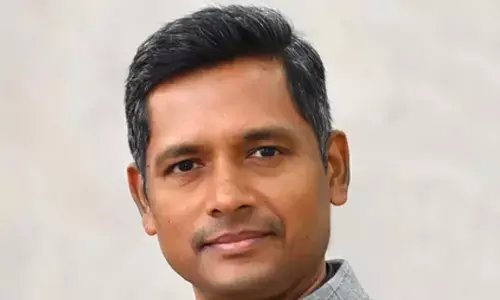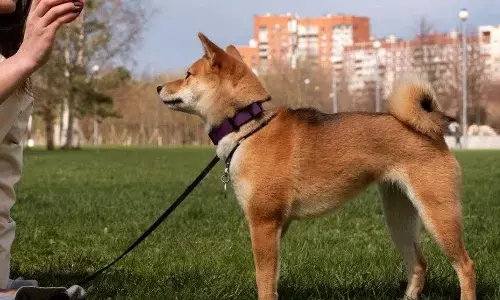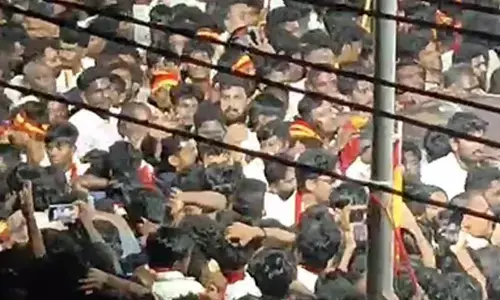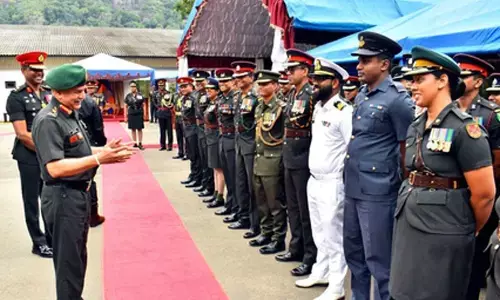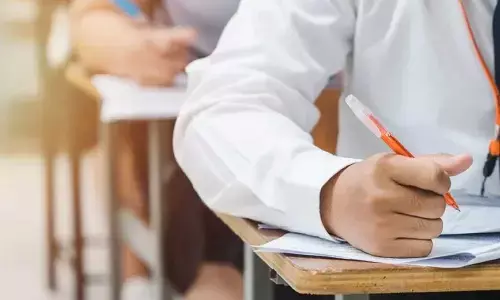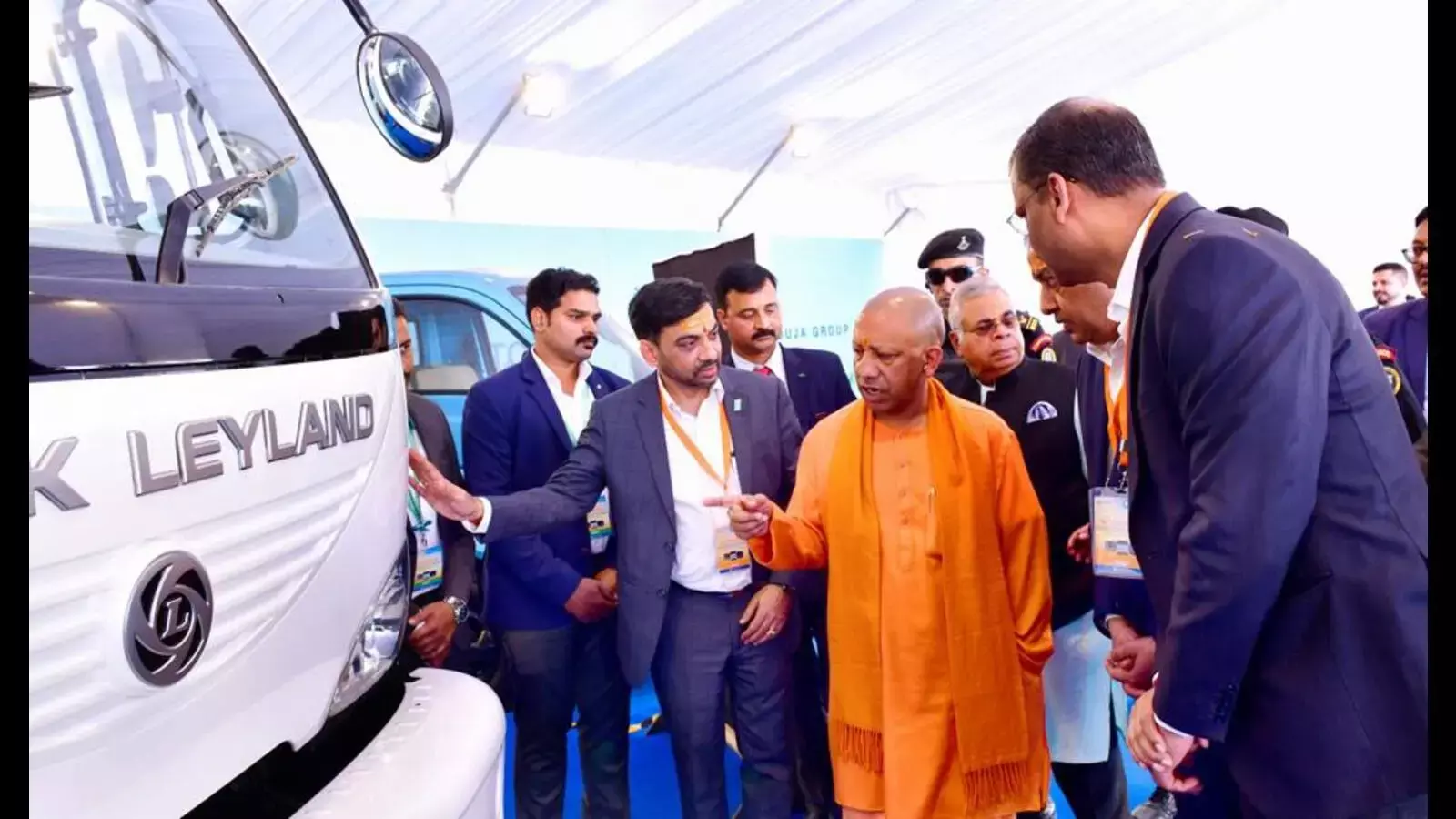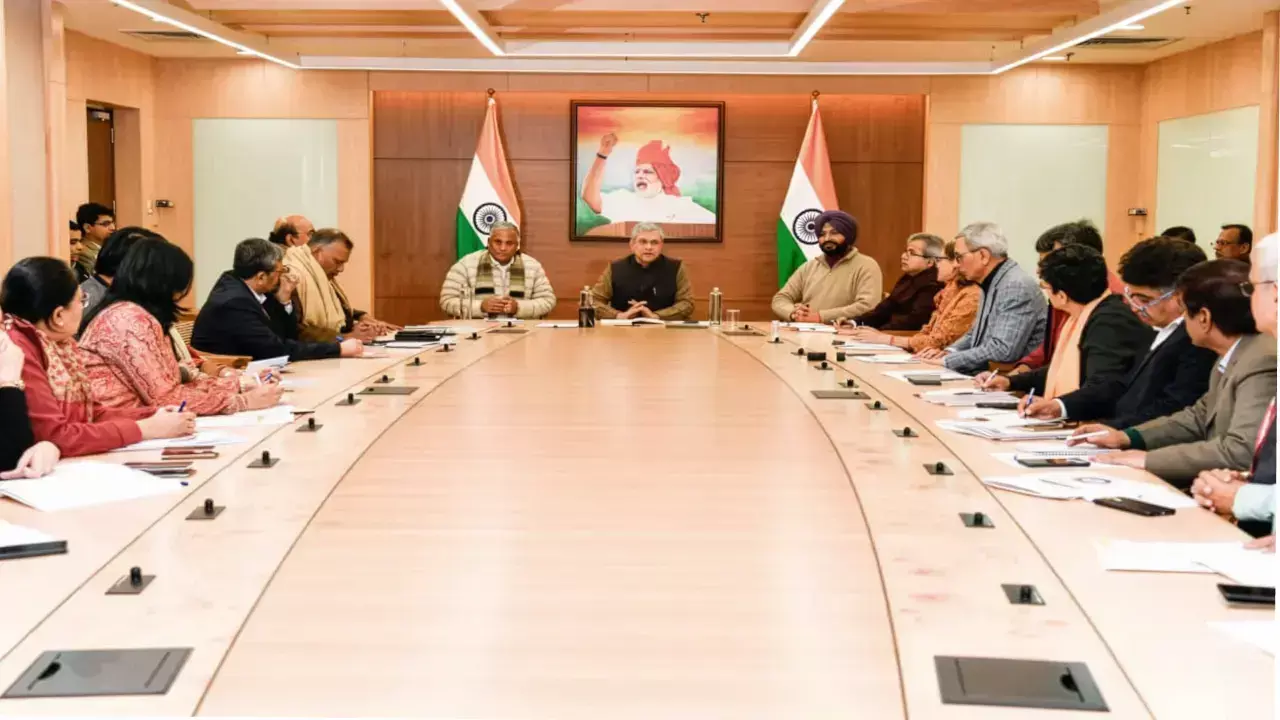Codavas Appeal for the Restoration of Cultural Identity and Religious Rights
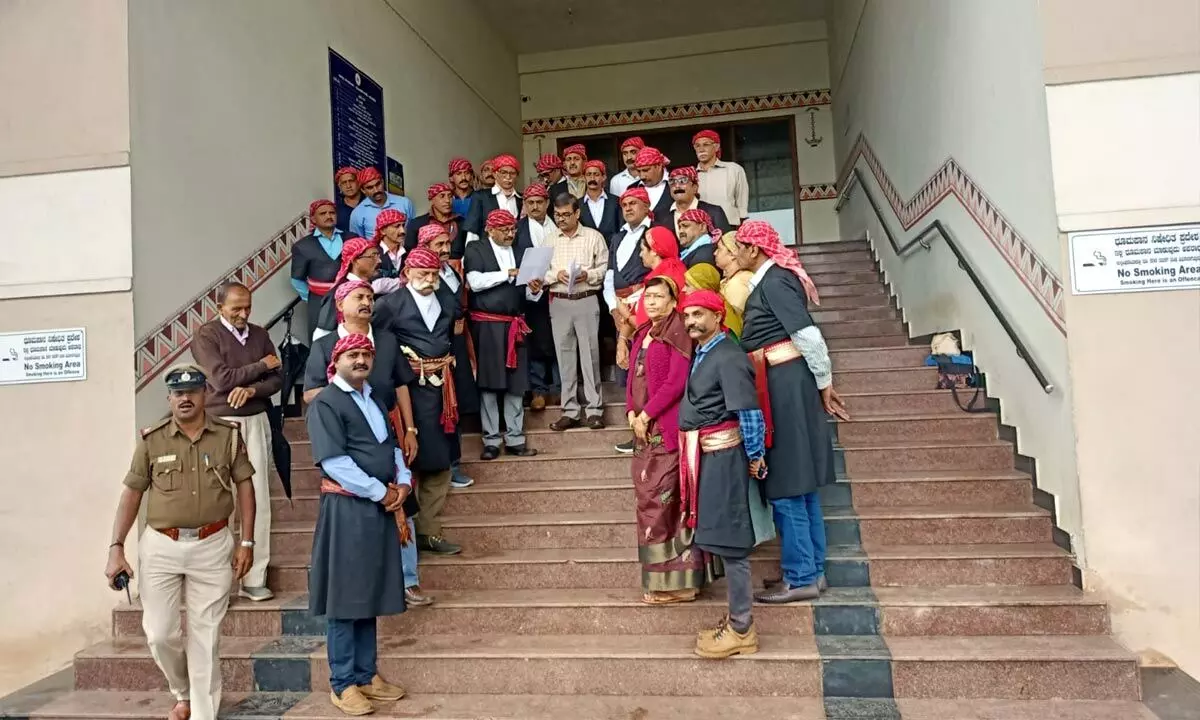
Codavas Appeal for the Restoration of Cultural Identity and Religious Rights
The Codava National Council's appeal for the restoration of the Codava community's cultural identity and religious rights has gained momentum, drawing attention to the rich heritage and unique traditions of this tribal group.
Madikeri: The Codava National Council's appeal for the restoration of the Codava community's cultural identity and religious rights has gained momentum, drawing attention to the rich heritage and unique traditions of this tribal group. Codavas, with their deep-rooted connection to the land and their customs, have long been custodians of a distinct way of life in the Kodagu region.
As the government deliberates on the formulation of the UCC bill, it is crucial to take into account the concerns of communities like the Codavas. By striking a balance that respects their customs and traditions, the nation can move forward, united in its commitment to justice and inclusivity. The Codavas' call for clarity and protection of their cultural heritage serves as a powerful reminder that progress must be built on the foundation of respect for one's roots.
The Codava National Council (CNC), the paramount body representing Codavas globally, has approached the Indian Law Commission, seeking the restoration of the community's honor and the preservation of their rich cultural identity. Codavas, a tribal group inhabiting the picturesque Coorg region in Karnataka, are renowned for their distinctive way of life, customary practices, and folk-legal systems.
Nestled amidst the majestic mountainous terrain along the banks of the River Cauvery in the Western Ghats, the Codava Race possesses a unique tribal character. Unlike conventional marriage rituals, Codavas do not partake in the "Sapthapadhi" ceremony. Moreover, their deep reverence for firearms extends beyond practical purposes; they consider guns as religious artifacts, akin to the "Kirpan" of Sikhs and the "Kukri" of Gorkhas.
Acknowledging the cultural significance of the Codava community's attachment to firearms, the Government of India granted special privileges under Sections 3 and 4 of the Indian Arms Act, exempting Codavas from the requirement to obtain licenses for carrying and possessing firearms throughout the nation. As a martial race, Codavas have played a significant role in safeguarding the country, actively participating in the armed forces and defending India in times of war.
Codavas have made immense contributions to the nation-building process and national security, showcasing their unwavering patriotism and hyper-nationalistic spirit. However, the proposed Uniform Civil Code (UCC) has sparked concerns within the community. Many tribal societies and religious minorities, including Codavas, Sikhs, and Parsis, fear that the implementation of the UCC may jeopardize their customary practices and religious freedoms.
The Codava community is particularly apprehensive about the potential loss of their exemption rights concerning the possession of firearms, which hold deep religious significance for them. They emphasize that any formulation of the UCC must clearly delineate the areas to be included and excluded, ensuring the protection of their cultural heritage.
While the Codavas wholeheartedly support the abolition of polygamy and the strict implementation of population control policies, they seek assurance that their age-old customary practices and religious sacraments, including their unique association with firearms, will not be compromised. Preserving their self-esteem and identity, which are deeply intertwined with their gun culture, holds paramount importance for the Codava community.
As the nation prepares for the upcoming parliamentary session, the Codava National Council urges the government to provide clarity on the drafting of the UCC bill. They emphasize the need to safeguard their cultural heritage and ensure that the UCC does not undermine their distinct identity as a tribe.
The Codavas stand resolute in their commitment to national unity and endorse the concept of a Uniform Civil Code. However, they advocate for a balanced approach that respects their customs and traditions, thereby preserving their cherished cultural heritage for future generations. (eom)
The lush green hills and serene valleys that form the backdrop of their existence have shaped the Codavas' relationship with nature and their collective consciousness. Their songs, dances, and rituals reverberate with the echoes of generations past, preserving the essence of their cultural identity. The Codava National Council's efforts to protect and promote this invaluable heritage are rooted in a deep sense of responsibility towards their ancestors and future generations.
As the Codava community seeks to secure its rights and religious freedoms, it underscores the importance of dialogue and understanding. They aim to foster a harmonious coexistence between their ancient customs and the evolving needs of a modern society. By engaging with the Indian Law Commission and advocating for a balanced approach, the Codava National Council demonstrates their commitment to preserving their traditions while embracing the spirit of unity and progress.
The Codava National Council's appeal resonates beyond their immediate community. It serves as a reminder of the diverse tapestry of cultures and beliefs that make up the fabric of India. Recognizing and safeguarding the rights of indigenous tribes and religious minorities within the framework of a Uniform Civil Code is an opportunity to celebrate and honor the rich diversity that defines the nation.








